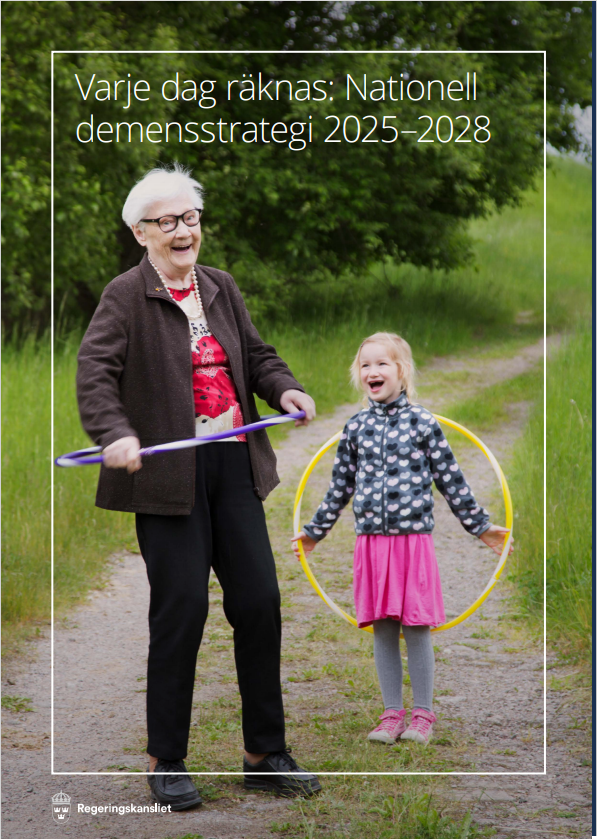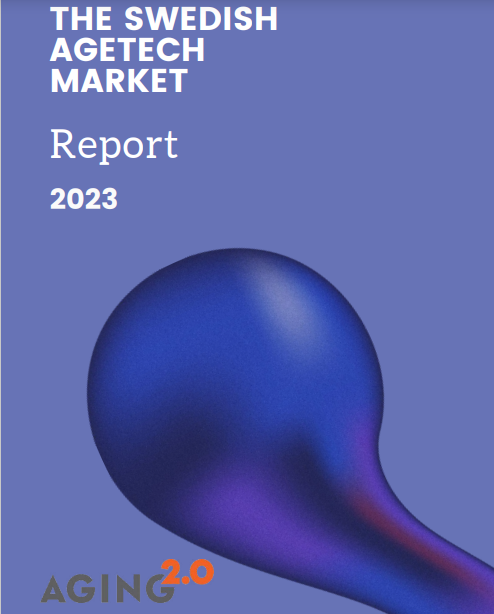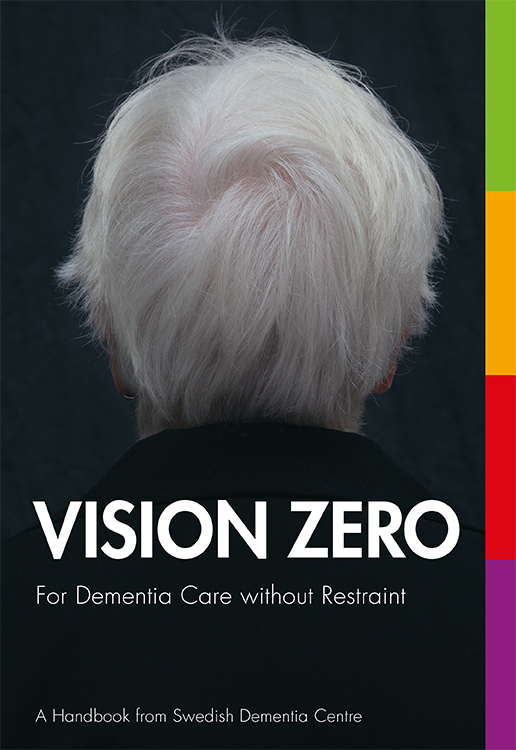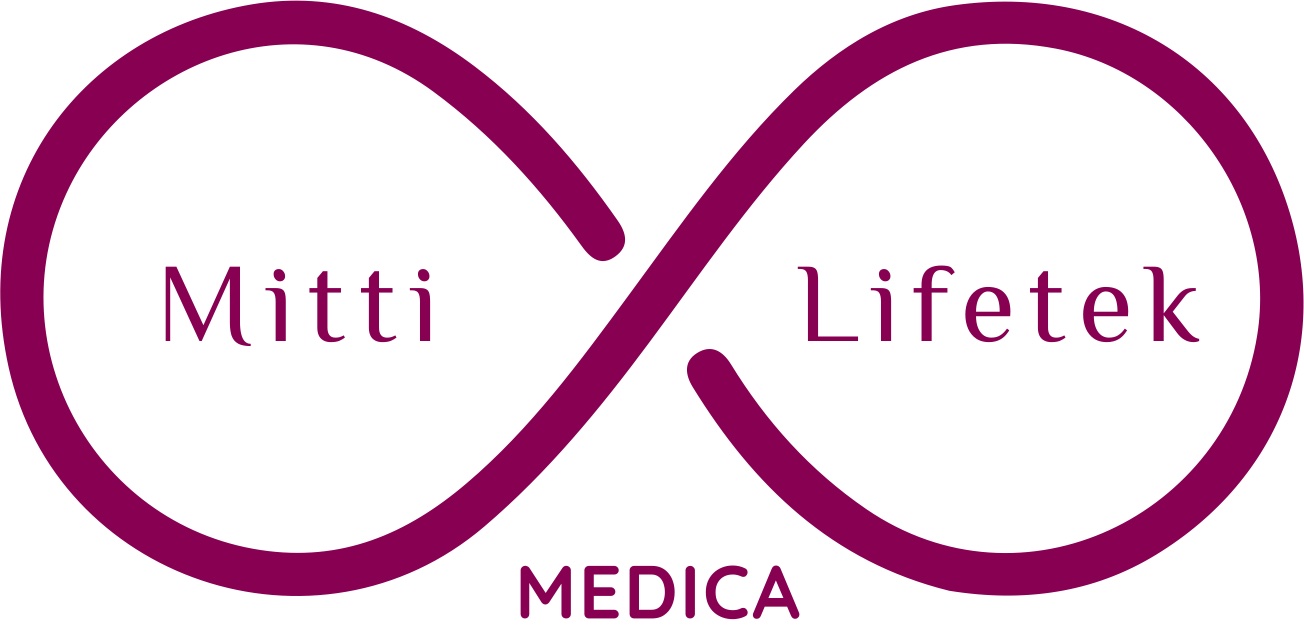Healthy Ageing & Chronic Disease Management
Sweden offers a well-developed and cost-efficient system for elderly care, and ranks among the countries with the highest life expectancy in the world. The Swedish approach focuses on prevention, active ageing and ageing in place—helping people live longer, healthier and more dignified lives. Swedish companies contribute with innovative solutions in areas such as assistive devices, incontinence care and wound management. Smart digital tools support older individuals, their families and care staff in everyday life. What role will you play in shaping the future of ageing and chronic care?
The Challenge
Ageing populations: A global challenge
Ageing populations and longer life expectancy are global trends that affect individuals and societies alike. These shifts influence key areas such as welfare systems, public health, housing, the economy, the environment, urbanisation, migration, digitalisation and gender dynamics.
The rising number of people aged 60 and over is a remarkable achievement—reflecting decades of social and economic development. But with longer lives comes a higher prevalence of chronic diseases and age-related health conditions, placing increasing demands on health and care systems.
In 2019, there were 1 billion people aged 60 and over worldwide. That number is projected to grow to 1.4 billion by 2030, and to 2.1 billion by 2050.
How can we turn demographic change into an opportunity for smarter, more inclusive care?
Swedish Excellence
Ageing the Swedish way: successes, challenges and opportunities
Sweden became an ageing society early, and today offers a well-developed and cost-efficient elderly care system. With one of the highest life expectancies in the world, Sweden focuses on prevention, active ageing and supporting people to live well at home for longer.
In 2025, the government adopted a new national dementia strategy that emphasises prevention, equitable access to care, and better support for individuals and families—building on the foundation laid in 2018.
Swedish companies offer innovative solutions across areas such as assistive technologies, fall prevention, safety alarms, incontinence care, e-health and digital tools.
As the population ages, smart solutions help care workers provide remote support and enable older people to remain independent and feel safe at home. Others improve working conditions through safe, ergonomic handling.
Healthy Ageing in Sweden – At a glance
📊 1 in 5 Swedes are aged 65 or older
🏠 226,000+ seniors receive home help services
🌱 83.6 years – average life expectancy, among the highest in the world
💡 Smart ageing solutions – Swedish companies lead in assistive tech, fall prevention & digital elderly care
Quiz
Do women have a higher life expectancy than men in Sweden?
The correct answer is ✅True. Between 2016 and 2019 the life expectancy for women was expected to be 84.29 years old. By comparison, men were expected to reached 80.8 years.
Will 80% of older people be living in low- and middle-income countries by 2050?
The correct answer is ✅True. By 2050, the world’s population of people aged 60 years and older will double (2.1 billion). The number of persons aged 80 years or older is expected to triple between 2020 and 2050 to reach 426 million.
Do 1/3 of people over 50 years old live with 2 or more chronic diseases?
The correct answer is ✅True. At least 80% of people older than 60 are living with one chronic illness, but 50% older than 60 are living with two chronic illnesses (CDC, 2003).
Do only 11 percent of the adult population in Sweden smoke?
The correct answer is ✅True. In 2015, 11 percent of the adult population in Sweden smoked, while smoking in other EU countries varied between 19 and 44 percent (WHO 2008 and national government agencies). The average figure in the EU is 28 percent.
Is the population aged 65 and over the fastest growing of all other age groups?
The correct answer is ✅True. Globally, the population aged 65 and over is growing faster than all other age groups. According to data from World Population Prospects: the 2019 Revision, by 2050, one in six people in the world will be over age 65 (16%), up from one in 11 in 2019 (9%).
Was 2014 the largest outbreak of the Ebola virus disease?
The correct answer is ✅True. The 2014 outbreak of Ebola virus disease in West Africa was the “largest, most severe and most complex Ebola epidemic” in history, according to the World Health Organization. More than 28,000 people were infected, and over 11,000 people died before the international public health emergency ended in June 2016.
Latest publications and Swedish actors within this area

Healthcare at a distance: Exploring remote patient monitoring
In this episode we will look into how remote patient monitoring can transform healthcare systems and handle more patients with fewer resources but equally important, how it empowers patients and improves their quality of life.
Swecare podcast - episode 3
Sweden’s national dementia strategy
Dementia is one of the major public health challenges of our time. The number of people living with a dementia diagnosis is increasing, while research in the field is advancing rapidly. In response, the government has adopted an updated national dementia strategy to strengthen care and support for people living with dementia. In 2025, the government adopted a new national dementia strategy that emphasises prevention, equitable access to care, and better support for individuals and families—building on the foundation laid in 2018.
Donwload the full report (Swedish only)
The Swedish AgeTech Market - report 2023
The network Aging 2.0 Sweden wants to encourage more actors to get engaged and involved in the market and contribute to a bright future for our seniors and ourselves. The report on the Swedish AgeTech Market is one way of doing so, by providing information on the market to international and Swedish investors, entrepreneurs and innovators looking into offering their solutions in Sweden.
Read more and download the full report
Dementia Forum X
Dementia Forum X is an international summit gathering the world’s top stakeholders from business, finance, care, research and society to commit to more dementia-ready communities. Under the patronage of Her Majesty Queen Silvia of Sweden, the summit is arranged biennially in Stockholm with regional events held throughout the world. Next summit will be held in 2023.
Learn more at www.dementiaforumx.org
Vision Zero – For Dementia Care without Retraint
The Swedish Dementia Centre (SDC) was founded in 2008. The commission of creating a national centre for excellence in dementia care was given to two foundations, Silviahemmet and Stockholm Gerontology Research Center, by the the Ministry of Health and Social Affairs and commissioned by the National Board of Health and Welfare. SDC became an independent foundation in 2013. SDC is financed through governmental support and grant organizations.
Visit The Swedish Dementia CentreThis is how welfare technology can contribute to increased security in Elderly Care
A film that shows examples of how digital technology can contribute to older people and others with disabilities being able to stay at home and feel safe and involved in society. Interviewees from the ten model municipalities in Sweden take part in the film, which is partly recorded at the Kicki home in Gothenburg. It is possible to switch to English subtitles.
Visit: SKR - The Swedish Association of Local Authorities and Regions (SALAR)









